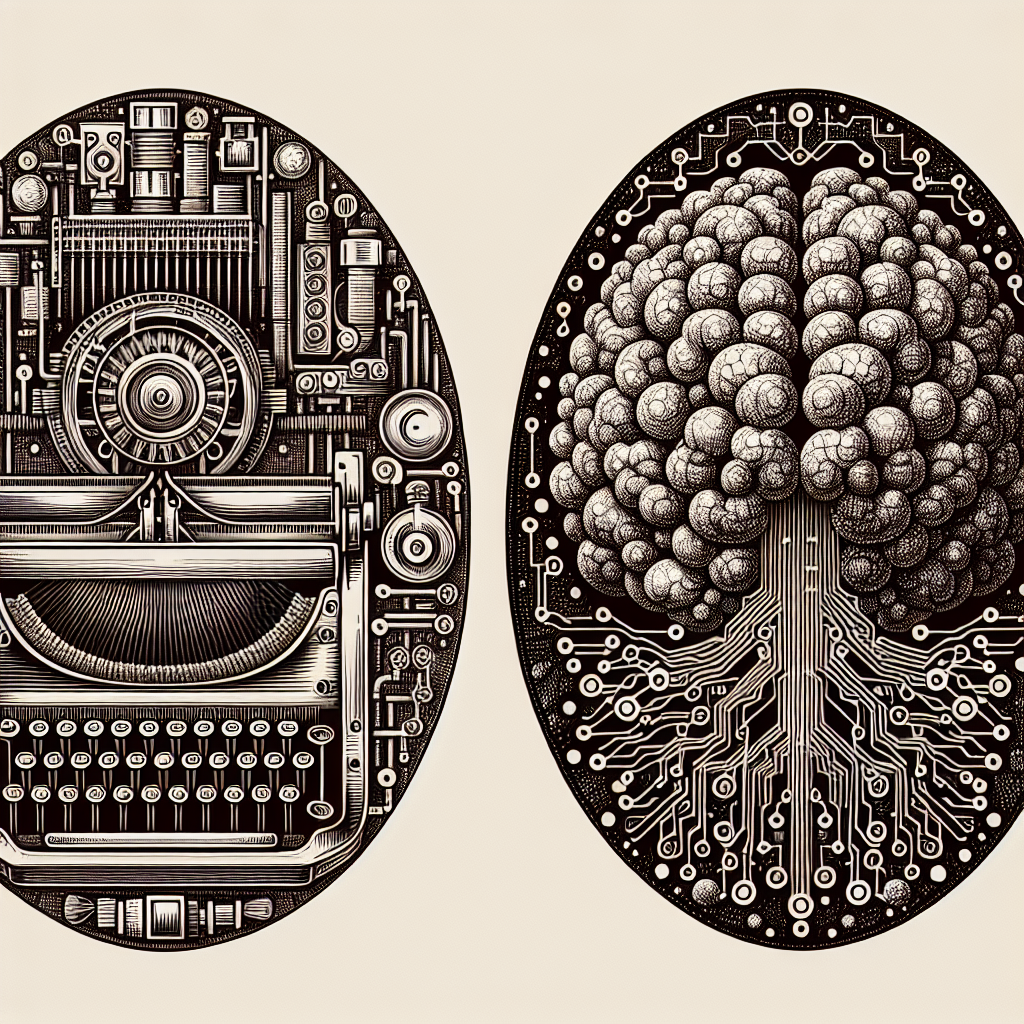The Evolution of AGI: From Turing Test to Self-Learning Systems
Artificial General Intelligence (AGI) is the holy grail of artificial intelligence research. AGI refers to a machine that possesses the ability to understand, learn, and apply knowledge in a way that is indistinguishable from human intelligence. In other words, an AGI system would be able to perform any intellectual task that a human can do.
The concept of AGI dates back to the early days of artificial intelligence research. In 1950, the British mathematician and computer scientist Alan Turing proposed a test to determine whether a machine could exhibit intelligent behavior indistinguishable from that of a human. This test, known as the Turing Test, involved a human judge interacting with both a machine and a human through a text-based interface, and trying to determine which was which based on their responses.
The Turing Test sparked a flurry of research into artificial intelligence, as researchers sought to create machines that could pass the test. However, early AI systems were limited in their capabilities and were unable to perform tasks that required true intelligence. These systems were known as narrow AI, as they were designed to perform specific tasks within a limited domain.
Over the years, researchers made significant advancements in AI technology, developing more sophisticated algorithms and techniques to mimic human intelligence. One key breakthrough was the development of machine learning algorithms, which enabled computers to learn from data and improve their performance over time. This led to the development of deep learning, a subset of machine learning that uses artificial neural networks to model complex patterns in data.
With the rise of deep learning, researchers began to explore the possibility of creating AGI systems that could learn and adapt to new situations on their own. These systems, known as self-learning systems, are designed to continuously improve their performance through trial and error, much like humans do. By leveraging the power of deep learning and other advanced AI techniques, researchers are inching closer to achieving the dream of AGI.
One of the key challenges in developing AGI is building systems that can understand and reason about the world in a flexible and adaptive manner. Unlike narrow AI systems, which are designed to perform specific tasks within a predefined domain, AGI systems must be able to generalize their knowledge and apply it to new situations. This requires a deep understanding of natural language, perception, and reasoning, as well as the ability to learn from experience and adapt to changing environments.
Another challenge in developing AGI is ensuring that these systems are safe and ethical. As AGI systems become more powerful and autonomous, there is a growing concern about their potential impact on society. Researchers are working to develop ethical frameworks and guidelines for the development and deployment of AGI, to ensure that these systems are used for the benefit of humanity.
Despite these challenges, the evolution of AGI has the potential to revolutionize many aspects of our lives. From healthcare and finance to transportation and entertainment, AGI systems could transform industries and create new opportunities for innovation. By harnessing the power of AI to create truly intelligent machines, we can unlock new possibilities and push the boundaries of what is possible.
FAQs
Q: What is the difference between narrow AI and AGI?
A: Narrow AI refers to systems that are designed to perform specific tasks within a limited domain, such as speech recognition or image classification. AGI, on the other hand, refers to a machine that possesses the ability to understand, learn, and apply knowledge in a way that is indistinguishable from human intelligence.
Q: How close are we to achieving AGI?
A: While significant progress has been made in AI research, achieving AGI remains a daunting challenge. Researchers are working to develop more advanced algorithms and techniques to mimic human intelligence, but there is still much work to be done before we can create truly intelligent machines.
Q: What are some potential applications of AGI?
A: AGI has the potential to revolutionize many industries, from healthcare and finance to transportation and entertainment. By creating machines that can understand, learn, and adapt to new situations, we can unlock new possibilities for innovation and create new opportunities for growth.
Q: What are some ethical concerns surrounding AGI?
A: As AGI systems become more powerful and autonomous, there is a growing concern about their potential impact on society. Researchers are working to develop ethical frameworks and guidelines for the development and deployment of AGI, to ensure that these systems are used for the benefit of humanity.

